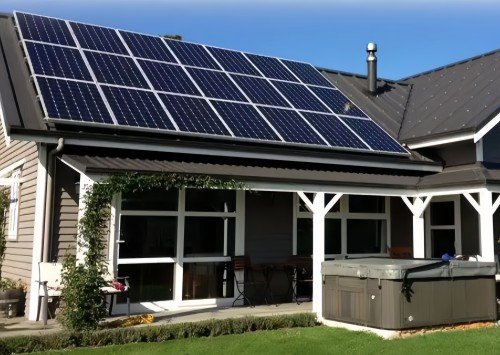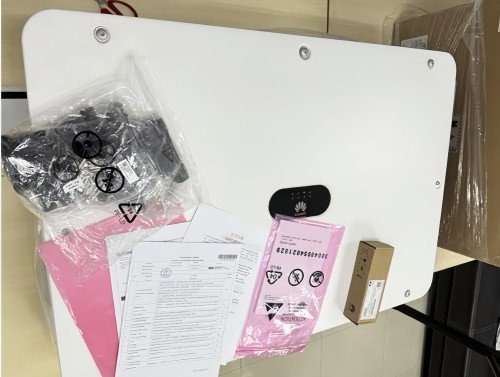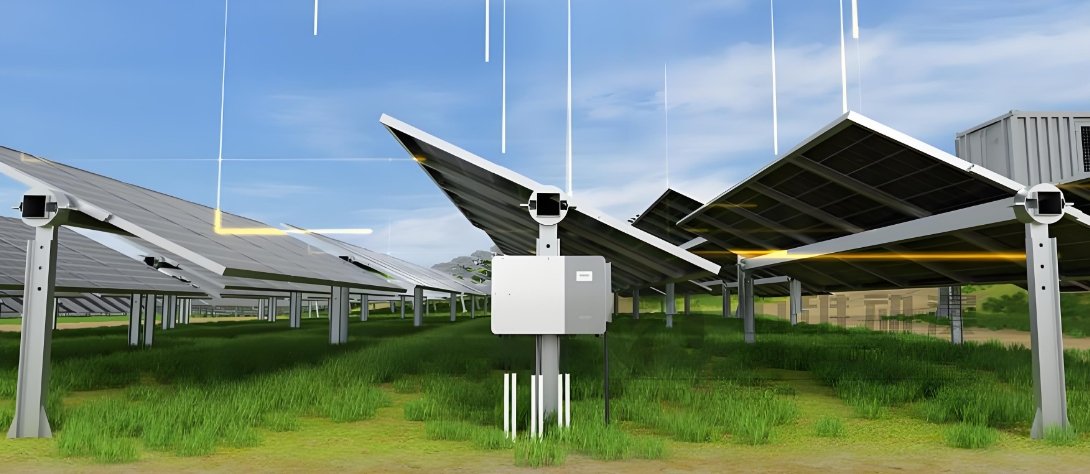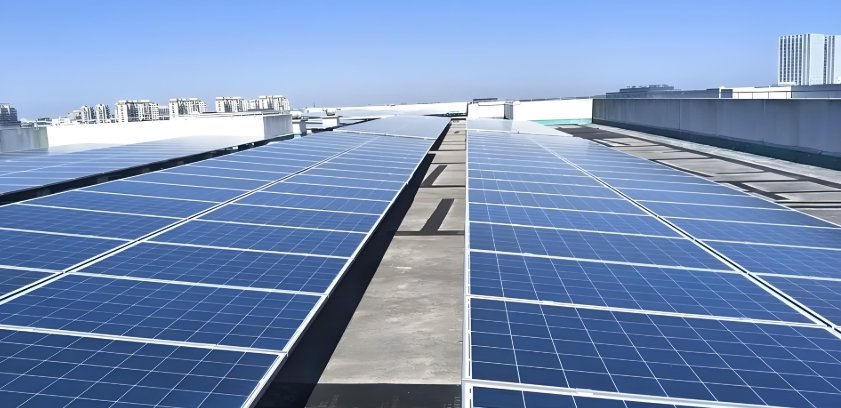
Huawei inverters have gained significant popularity in the solar energy sector due to their advanced technology, high efficiency, and reliable performance. As a leading player in the global market, Huawei offers inverters that cater to both residential and commercial solar systems. However, like any product, they come with their own set of advantages and disadvantages. This article will explore the key benefits and drawbacks of Huawei inverters, helping you determine if they are the right choice for your solar system.
Huawei inverters offer many features that enhance system performance, but are they the best choice for your needs? Let’s dive into their advantages and limitations.
What Are the Key Advantages of Huawei Inverters in Solar Systems?
Huawei inverters are recognized for their cutting-edge technology, high efficiency, and long-term reliability. They come with several key advantages that make them a preferred choice for both residential and commercial solar installations.
Let’s explore the key advantages of Huawei inverters in solar systems.

Key Advantages of Huawei Inverters
-
High Efficiency:
-
Advanced Features:
- Huawei inverters come with advanced features like multi-MPPT (Maximum Power Point Tracking), which allows each panel string to operate at its optimal power output. This feature is especially beneficial in cases of shading or when panels are oriented in different directions.
-
Smart Monitoring:
- Huawei offers integrated smart monitoring systems that allow users to track the performance of their solar system remotely. The mobile apps and web portals provide real-time data on energy production, system health2, and potential issues, making maintenance easier and more efficient.
-
Strong Grid Compliance:
-
Long Warranty Period:
- Huawei inverters often come with a 5 to 10-year warranty, providing customers with peace of mind regarding the durability and performance of their systems. The warranty period is comparable to other leading brands in the market.
Conclusion: Huawei inverters offer high efficiency, advanced features like multi-MPPT, and smart monitoring capabilities, making them an excellent choice for homeowners and businesses seeking reliable, high-performance solar solutions.
How Well Do Huawei Inverters Integrate with Different Battery Types?
Huawei inverters are designed to be compatible with a range of battery types, providing flexibility for users who wish to integrate energy storage into their solar systems. Battery integration plays a crucial role in maximizing the efficiency of energy storage and ensuring that excess solar energy is stored for later use.
Let’s examine how well Huawei inverters integrate with different battery types.

Battery Integration and Compatibility
-
Huawei’s Smart Energy Solutions:
- Huawei offers an integrated energy solution that pairs its inverters with Huawei’s own range of batteries, known as FusionStorage4. This battery is specifically designed to work seamlessly with Huawei inverters, offering excellent performance and efficiency.
-
Third-Party Battery Compatibility:
- Huawei inverters are also compatible with other third-party batteries, although some configurations may require additional components or adjustments. The inverter’s flexible compatibility with various battery types, including lithium-based and lead-acid batteries, makes it a good choice for users who prefer flexibility in their energy storage options.
-
Storage Management:
- Huawei’s energy management system5 ensures that battery charging and discharging are optimized for efficiency. The inverter controls the flow of energy between the solar panels, battery, and grid, ensuring that excess energy is stored when available and used efficiently during periods of low production or high demand.
Conclusion: Huawei inverters integrate well with both their own FusionStorage batteries and other third-party batteries, offering flexibility for users who want to incorporate energy storage into their solar systems.
What Are the Common Drawbacks or Limitations of Huawei Inverters?
While Huawei inverters offer many advantages, they also come with some drawbacks or limitations that may affect certain users. Understanding these limitations is important when making a decision about whether to choose Huawei for your solar system.
Let’s take a look at the common drawbacks of Huawei inverters.

Common Drawbacks of Huawei Inverters
-
Higher Initial Cost:
-
Complexity in Large Installations:
- For large commercial solar installations, Huawei inverters may require more complex configuration and integration. This could involve additional commissioning and setup time, making them less suitable for small-scale DIY installations without professional support.
-
Limited Brand Recognition in Some Markets:
-
Potential Compatibility Issues with Third-Party Devices:
- While Huawei inverters are compatible with many third-party components, users may occasionally encounter compatibility issues when integrating with other brands of batteries, charge controllers, or monitoring systems. This can complicate installations and require additional configuration or equipment.
Conclusion: The main drawbacks of Huawei inverters include their higher upfront cost, potential complexity in larger systems, and limited brand recognition in certain regions. These factors should be considered when evaluating whether Huawei is the right choice for your solar needs.
How Do Huawei Inverters Compare to Competitors in Terms of Cost and Reliability?
Huawei is a well-established name in the tech industry, but how does it compare to other leading inverter brands in terms of cost, reliability, and overall value?
Let’s compare Huawei inverters to their competitors in terms of cost and reliability.

Cost and Reliability Comparison
-
Cost:
- Huawei inverters are typically priced at the higher end of the market. While they may be more expensive than brands like Growatt or Deye, they offer a range of advanced features, high efficiency, and excellent warranty support, which justifies the higher price for many customers. In comparison, brands like SMA and Fronius offer similar premium features but at even higher prices.
-
Reliability:
- Huawei inverters are known for their reliability and high performance. They are engineered with cutting-edge technology and are rigorously tested to ensure long-term durability. Huawei’s strong reputation in electronics and communications technology further supports the reliability of their inverters.
- When compared to competitors like Fronius and SMA, Huawei’s reliability is on par with these premium brands, although it may face stronger competition in markets where these brands have a more established presence.
-
Warranty and After-Sales Support:
- Huawei typically offers a 5 to 10-year warranty, which is competitive with other leading brands. Their global service network ensures that customers have access to professional support and maintenance services. However, some customers may find that support is more readily available from more established brands like SMA or Fronius in certain regions.
Conclusion: Huawei inverters are priced higher than some competitors but offer excellent value in terms of performance, reliability, and advanced features. While they may not be the cheapest option, their long-term reliability, robust warranty, and technological innovations make them a competitive choice.
Conclusion
Huawei inverters offer several key advantages, including high efficiency, advanced features, and strong integration with battery storage systems. They are particularly well-suited for residential and commercial solar systems where reliability, performance, and smart monitoring are important.
- Advantages: High efficiency, multi-MPPT technology, excellent integration with batteries, and a strong warranty.
- Drawbacks: Higher initial cost, complexity in large installations, and potential compatibility issues with third-party devices.
- Cost and Value: Huawei inverters offer great value for money, especially for high-performance installations, though they come at a higher upfront cost compared to some competitors.
Ultimately, Huawei inverters are an excellent choice for users looking for reliable, efficient, and advanced solar solutions, but the higher initial cost and installation complexity may not suit all users, especially those with smaller budgets or simpler installations.
-
Discover how the efficiency of inverters impacts the overall performance of solar energy systems. ↩
-
Learn more about the importance of real-time monitoring for solar system health and maintenance. ↩
-
Understand how grid compatibility and compliance with standards can ensure reliable inverter performance. ↩
-
Explore how Huawei's FusionStorage batteries enhance the performance of their inverters and energy solutions. ↩
-
Learn about Huawei's energy management system and how it optimizes the efficiency of battery charging and discharging. ↩
-
Explore how Growatt inverters compare to Huawei in terms of pricing and performance. ↩
-
Learn about Sungrow inverters and their market positioning against Huawei. ↩
-
SMA is a well-recognized global brand known for its solar inverter solutions. ↩
-
Explore Fronius inverters and how they compete in the solar inverter market. ↩



